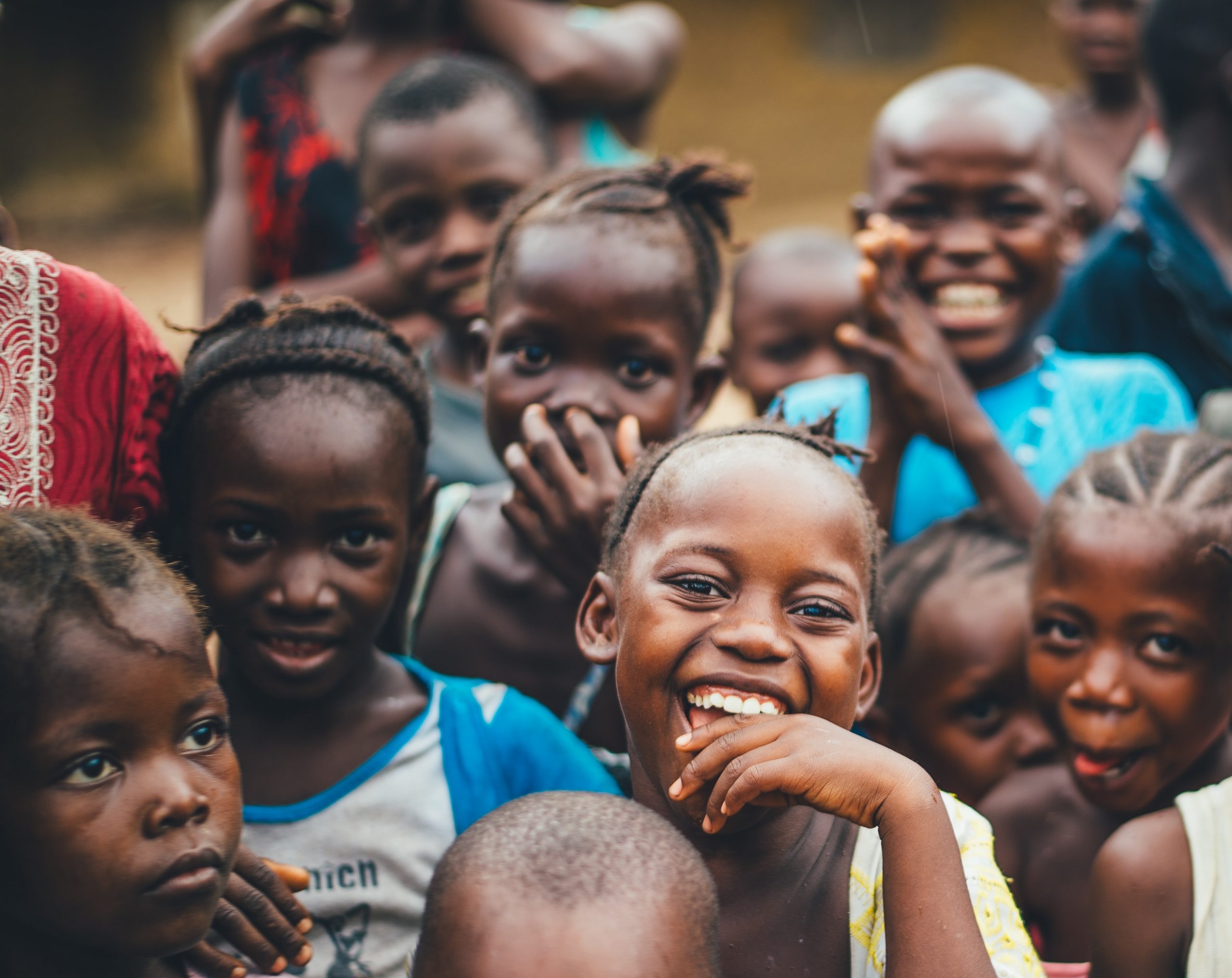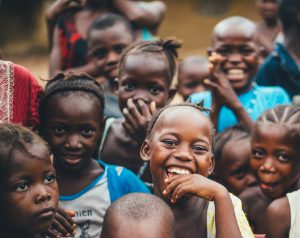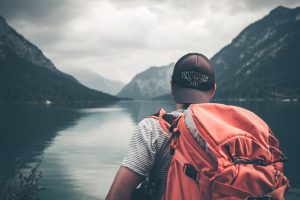At a play area in a suburb of Sale in Morocco, men gather for the Eid al-Fitr prayers that mark the conclusion of the holy month of Ramadan, during which they fast throughout the day. Picture: Reuters
At a play area in a suburb of Sale in Morocco, men gather for the Eid al-Fitr prayers that mark the conclusion of the holy month of Ramadan, during which they fast throughout the day. Picture: Reuters
PRETORIA – Traveling to Africa may seem like an intimidating prospect to some people from the West because the continent has been depicted in the media as being dangerous and unstable.
Nevertheless, there are still a great number of secure locations to visit among the 54 countries that make up the continent.
Rwanda
Rwanda is widely regarded as one of the continent’s most secure tourist destinations. The World Economic Forum placed the East African nation higher than Portugal, New Zealand, Austria, Sweden, Spain, and the Netherlands in 2017 to place it as the ninth safest country overall.
The rankings considered the rate of crime, as well as levels of violence and terrorism, as well as how effectively police responded to assist those who had been victimized.
Botswana
On the broad floodplains of the Chobe River in Botswana, elephants can be seen making their way down to the water to both drink and bathe in the mud. Because of its low population density and politically stable environment, Botswana is a secure place for tourists and residents alike to travel to and call home. There is some criminal activity, but not at an alarmingly high rate.
Mauritius
Many people from over the world choose to vacation on the subtropical island nation located in the Indian Ocean for their vacation, and it is also a common location for honeymoons.
Namibia
Although it is impossible for any nation in the world to claim to be completely free of criminal activity, Namibia is widely regarded as one of the continent’s safest and most politically stable countries.
A brand new 4×4 route through the dunes of the Namib Desert is being explored right now. Picture this: tourism in Namibia
It is also the location of the world’s oldest desert and is well-known for the spectacular sand dunes that can be found there. It is possible to take several weeks or even months to travel across the entire sandy landscape of Namibia.
Seychelles
The Seychelles is an excellent choice for a honeymoon location because it is a secure country that is suitable for holidays. The 115-island archipelago that is located in the Indian Ocean off the coast of East Africa is known for its lush tropical vegetation, beaches, coral reefs, and a great diversity of marine life, all of which bring in a large number of tourists from other countries.
Crime in the Seychelles is generally non-violent, as stated by the United Kingdom Foreign travel advice; but, tourists have had their bags stolen, their cars broken into, and they have been mugged while roaming around at night.
Ethiopia
There are a number of cities in Ethiopia that are, in comparison to those in many other African countries, far safer.
As well as the tribes of the Omo valley, whose people paint their bodies with chalk and wear unique clothing to express their culture, tourists have the opportunity to visit palaces, castles, and churches with old architecture that is both distinctive and interesting.
According to the United Kingdom’s foreign travel advice, the British embassy in Ethiopia has received an increased number of reports of foreign nationals being mugged or subjected to other forms of petty theft.
It is strongly recommended that tourists should not stroll alone and remain watchful against people who may pretend to be in need of assistance.
Morocco
The Mohammed VI Bridge brings light to the arid landscape that surrounds Rabat, the capital city of Morocco. Picture: AP
Trekking and other forms of adventuring in the great outdoors, such as riding camels and setting up camp in the sand dunes, are quite popular in Morocco. Similar to Ethiopia, it is a relatively safe destination to explore; nonetheless, tourists should be aware that pickpockets and con artists operate in the area.
According to Human Rights Watch, the country in North Africa is not a safe location for LGBTQIA+ travelers who may wish to publicly show their affection in public by kissing or holding hands with another person. Examples of such behaviors include:
People who identify as LGBTQIA+ in Morocco face social and familial rejection from their families and communities. They also run the risk of having their relatives and landlords kick them out of their houses and losing their employment.





